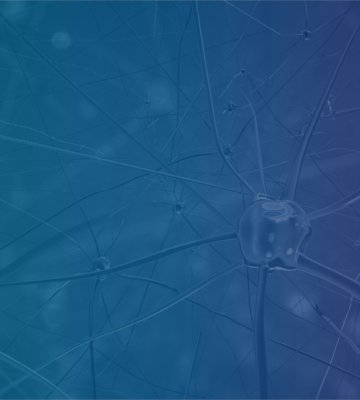
What’s in each stage of the Diploma course? (video)
What’s in the Stage 1 Course? Whats in the Stage 2 Course? What’s in the Stage 3 Course?
January 2026 Diploma Enrolment – Enrol NOW
FREE WEBINAR: A Career in Hypno-CBT®? Register



What’s in the Stage 1 Course? Whats in the Stage 2 Course? What’s in the Stage 3 Course?

What is taught in our Stage 3 training *Certificate in Cognitive Hypnotherapy” Course? from Mark Davis – Principal at UKCHH…

Whats in our Stage 2 Hypnotherapy Training Course from Mark Davis – Principal at UKCHH on Vimeo. TRANSCRIPTION: What’s in…

1. Commitment to Evidence-Based TrainingWe are committed to teaching an evidence-based approach. We believe therapists have an ethical duty to…

We’re excited to offer a series of evidence-based workshops in Cognitive Behavioural Therapy from BABCP accredited therapist, Daniel Mirea MSc….

In 2001 The British Psychological Society commissioned a working group to write a formal report on hypnosis. The remit given…

Choosing a hypnotherapy training – Part 1: What type of hypnotherapist do you want to be? “My name is Mark…

A two day workshop with leading clinician and researcher Dr Assen Alladin, PhD. NOTE: THIS EVENT HAS ALREADY TAKEN PLACE…

An Announcement from Donald Robertson Most of you probably already know that my wife, Mandy, and I are emigrating to…

Link to a new article providing a simple modern (plain English) introduction to Stoic philosophical practice by Donald Robertson, that’s attracted a huge internet response on our other blog.

Brief review of scientific research on clinical hypnotherapy, excerpt from The Practice of Cognitive-Behavioural Hypnotherapy (2012) by D. Robertson

This article outlines some uses of Progressive Relaxation applied to worry and anxiety, based on Edmund Jacobson’s original research. It contains some example exercises for relaxing the muscles employed in speech and vision.
This website uses cookies to improve your experience. We\'ll assume you\'re ok with this, but you can opt-out if you wish. Read More
